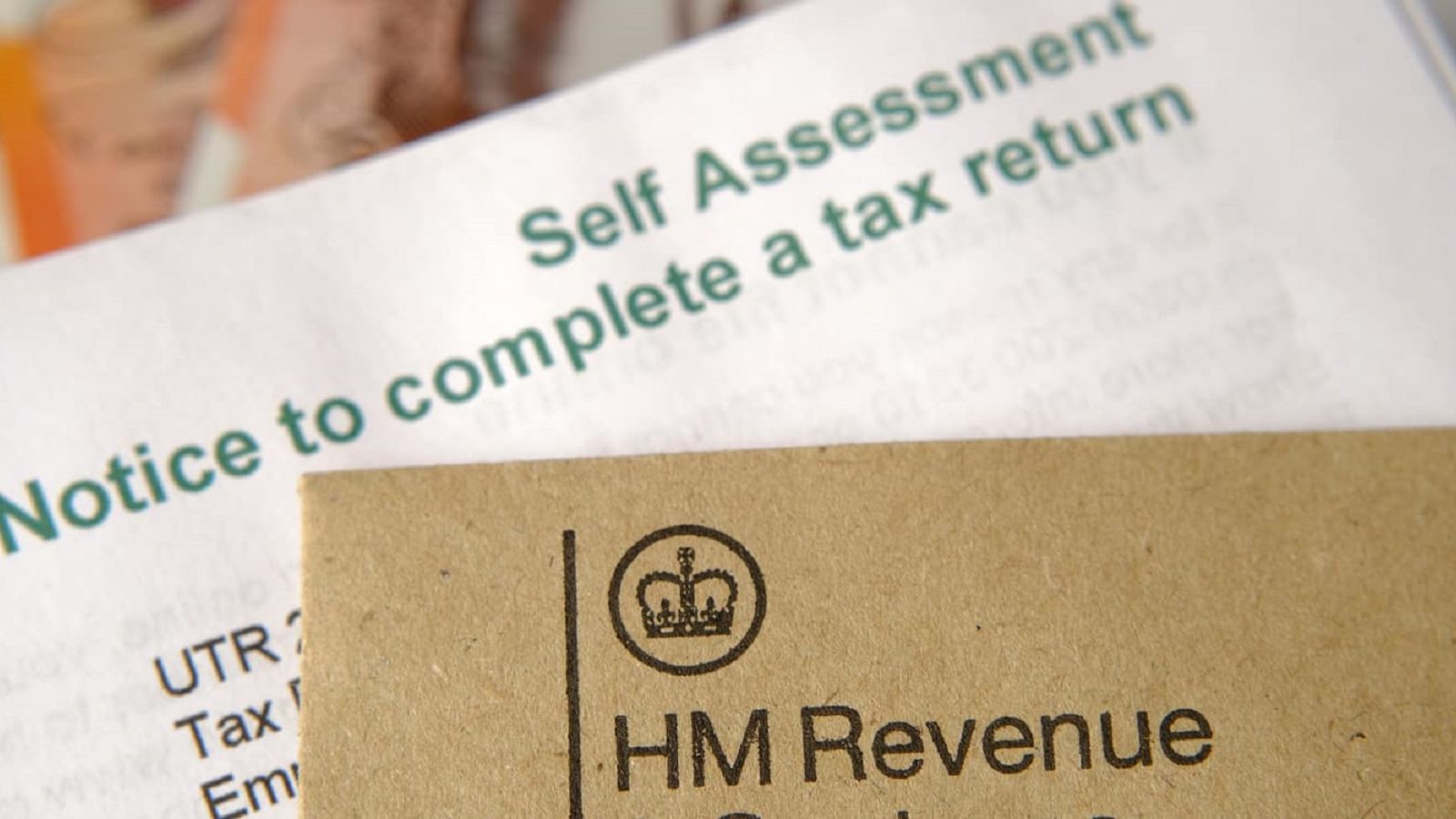Talk to a specialist

Darren Wingfield
Commercial Manager
Leave your details below and we’ll give you a call to chat about how we can help your business move forward.

Darren Wingfield
Commercial Manager
Leave your details below and we’ll give you a call to chat about how we can help your business move forward.


If you’ve been issued a penalty notice by HMRC following your Self Assessment, there’s a chance you can appeal this penalty. This could result in the fine being delayed, reduced or even cancelled altogether.
To help you figure out if it’s worthwhile appealing, we’re here to simplify Self Assessment late filing fees and payment penalties and outline the steps you should take.
Why you received a penalty
The first step is to figure out why you received a late penalty. The reason will be detailed on your penalty notice from HMRC and could be one of the following:
The deadlines for Self Assessment tax returns depend on whether you’re filing them on paper or online. Paper tax returns must be received on or before 31st October of the current year (e.g. 2022), while online forms can be filed on or before 31st January of the following year (e.g. 2023).
When it comes to payment deadlines, HMRC states that you must pay all taxes owed by 31st January after the current tax year. For the tax years 2021/22, this would mean all taxes must be paid by 31st January 2023.
What are the different penalties?
HMRC has different penalty structures for late filing and late payments. They’re also calculated separately so, if you were late submitting your tax return and late paying your taxes, you would have two separate penalties to pay.
With late filing, how much you owe depends on how far past the submission deadline you are. The current structure is:
With late tax payment penalties, you’ll be required to pay an additional:
How to appeal a penalty
If you want to appeal a late filing or late payment penalty, you must file your appeal within 30 days of when the penalty was issued.
You can reach out to HMRC to appeal in the following ways:
When contacting HMRC, you’ll need to have your Unique Taxpayer Reference (UTR) to hand.
What qualifies as an acceptable reason to appeal
When it comes to appealing penalties, the old ‘my dog ate my form’ excuse isn’t going to cut it.
You need to have a valid reason for what prevented your tax return from being submitted on time in order for HMRC to consider whether to reduce or waive the penalty.
Some possible reasons could include:
What doesn’t qualify as an acceptable reason
While the above isn’t an exhaustive list of acceptable reasons, and HMRC will consider your unique situation, it’s important to remember that it’s your personal responsibility to ensure your tax returns and payments are submitted on time.
Here are some examples of reasons that wouldn’t be deemed acceptable by HMRC:
How you will receive your appeal outcomes
How you receive your appeal outcome and the next steps will depend on how you contact HMRC.
For phone enquiries:
For online and postal enquiries:
What if you can’t pay?
If you’re not in a position to pay your fines, it’s important to act fast.
Asking for help from qualified accountants is a sensible place to start, as they can help you get a better handle on your finances and outline the next steps - such as making a hardship application to HMRC or filing an appeal to the Tax Tribunal.